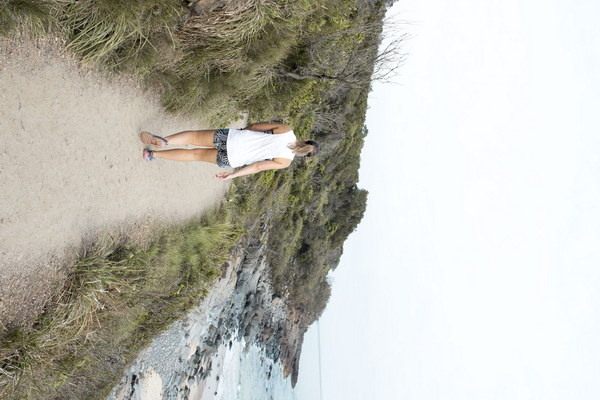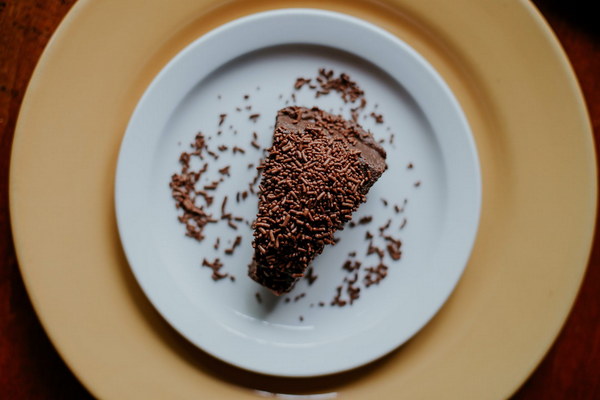Is It Too Early to Start Anti-Aging
In today's fast-paced world, where the pursuit of youth and beauty is more prevalent than ever, the question of whether it's too early to start anti-aging becomes increasingly relevant. With countless advertisements and social media posts showcasing the benefits of anti-aging products, it's easy to feel pressure to start the journey towards eternal youth at an early age. However, is it really too early to embark on this quest for timeless beauty? Let's delve into this topic and explore the factors that determine the appropriate time to start anti-aging.
Firstly, it's important to understand that aging is a natural process that affects everyone, regardless of when they start their anti-aging journey. While it's true that genetics, lifestyle, and environmental factors play a significant role in the aging process, it's also essential to recognize that the skin's aging process begins at birth. The skin is the largest organ in the body and is continuously exposed to external elements that can accelerate the aging process, such as UV radiation, pollution, and stress.
One of the primary concerns regarding starting anti-aging too early is the potential for dependency on products and treatments. It's not uncommon for individuals to develop an obsession with anti-aging, leading to a reliance on various creams, serums, and procedures. While these products can offer some benefits, excessive use can lead to negative side effects, such as skin irritation, dryness, and even skin damage. Therefore, it's crucial to strike a balance between preventive measures and overindulgence in anti-aging treatments.
Another factor to consider is the psychological aspect of starting anti-aging too early. Society often portrays youth as the pinnacle of beauty, leading individuals to believe that they must achieve eternal youth to be considered attractive. This pressure can be particularly harmful for young people who are already dealing with the complexities of adolescence and self-esteem issues. It's important to embrace and appreciate one's natural beauty, rather than trying to transform oneself into someone they're not.

So, when is the right time to start anti-aging? Generally, it's recommended to begin incorporating anti-aging practices into your routine in your 20s or 30s. This is because the skin's natural repair mechanisms start to decline around this age, making it easier to prevent signs of aging rather than reversing them. During these years, focusing on maintaining a healthy lifestyle, including a balanced diet, regular exercise, and adequate sleep, can significantly contribute to the preservation of youthful skin.
Moreover, introducing anti-aging products that target specific concerns such as UV protection, antioxidants, and hydration can be beneficial. However, it's crucial to choose products that are suitable for your skin type and concerns, as well as to use them responsibly. For instance, applying a broad-spectrum sunscreen with an SPF of at least 30 daily can help prevent premature aging caused by UV radiation.
In conclusion, it's not necessarily too early to start anti-aging, as the skin's aging process begins at birth. However, it's essential to strike a balance between preventive measures and overindulgence in treatments. By focusing on maintaining a healthy lifestyle and introducing appropriate anti-aging products, individuals can embrace their natural beauty while preventing the signs of aging. Remember, it's not about achieving eternal youth, but rather about embracing and celebrating the unique beauty that comes with age.









